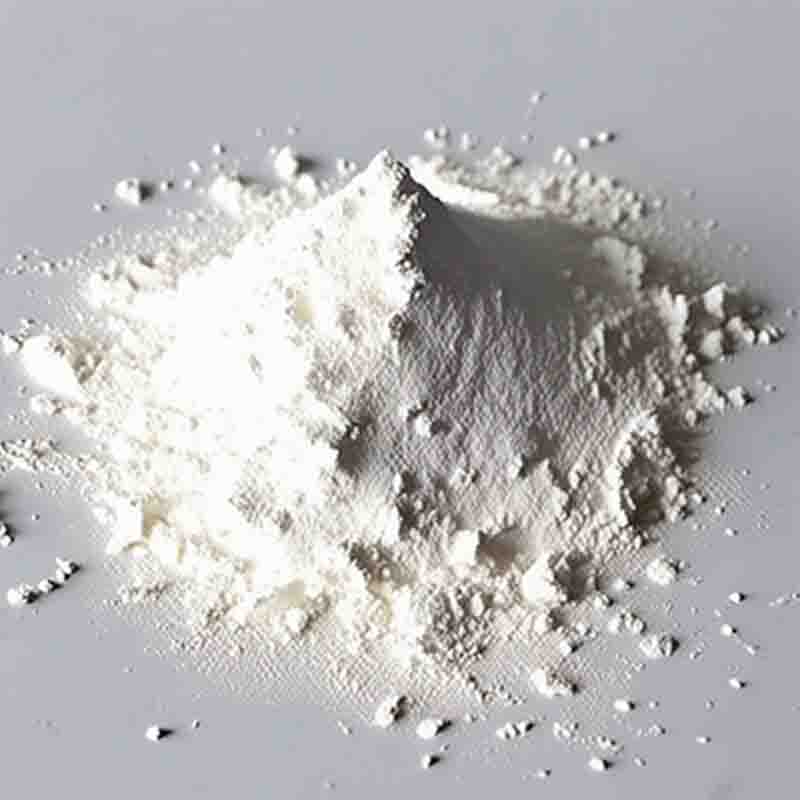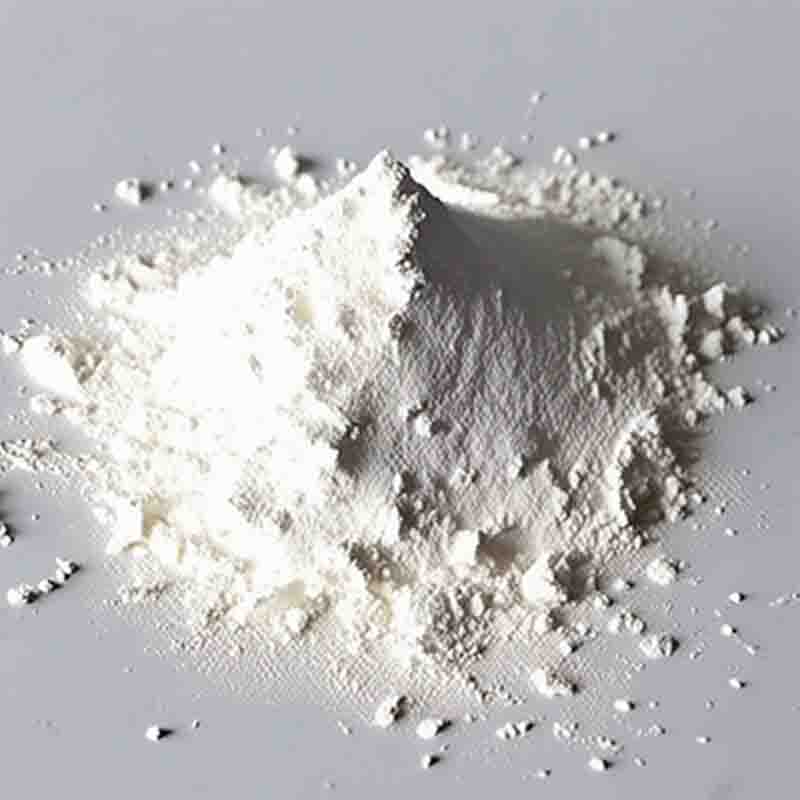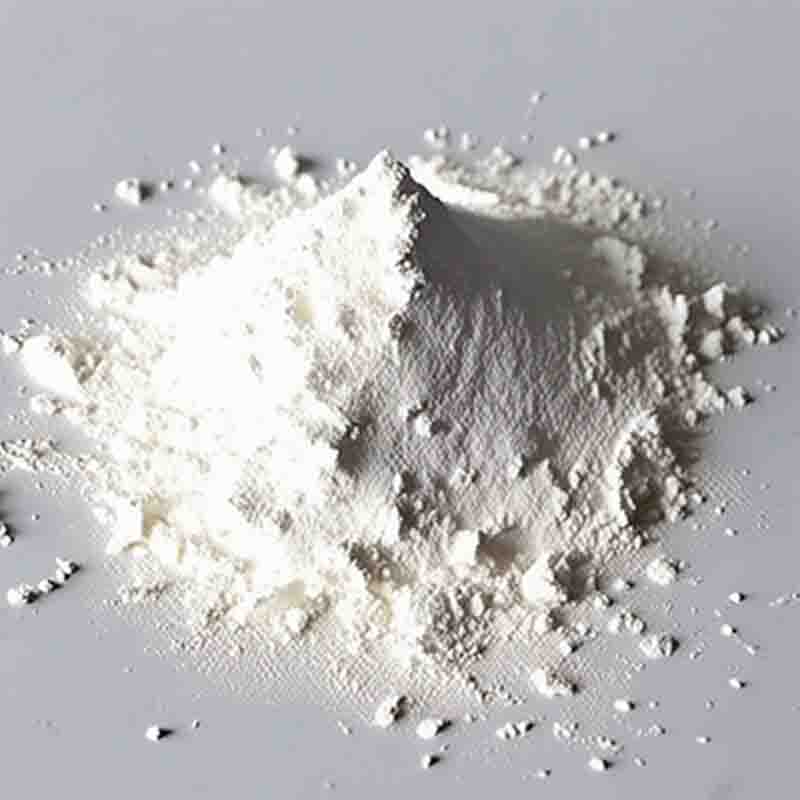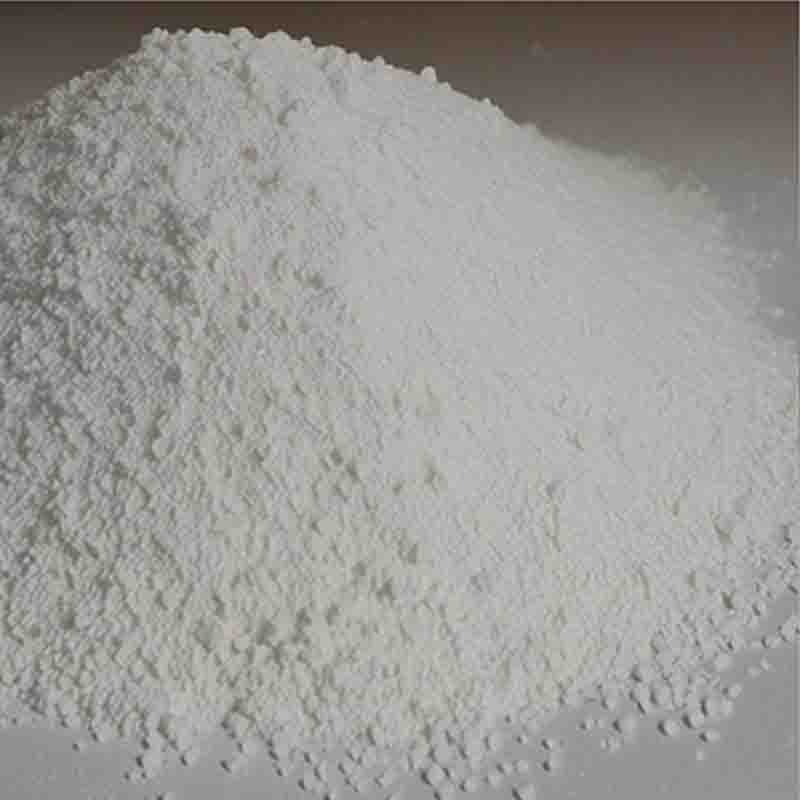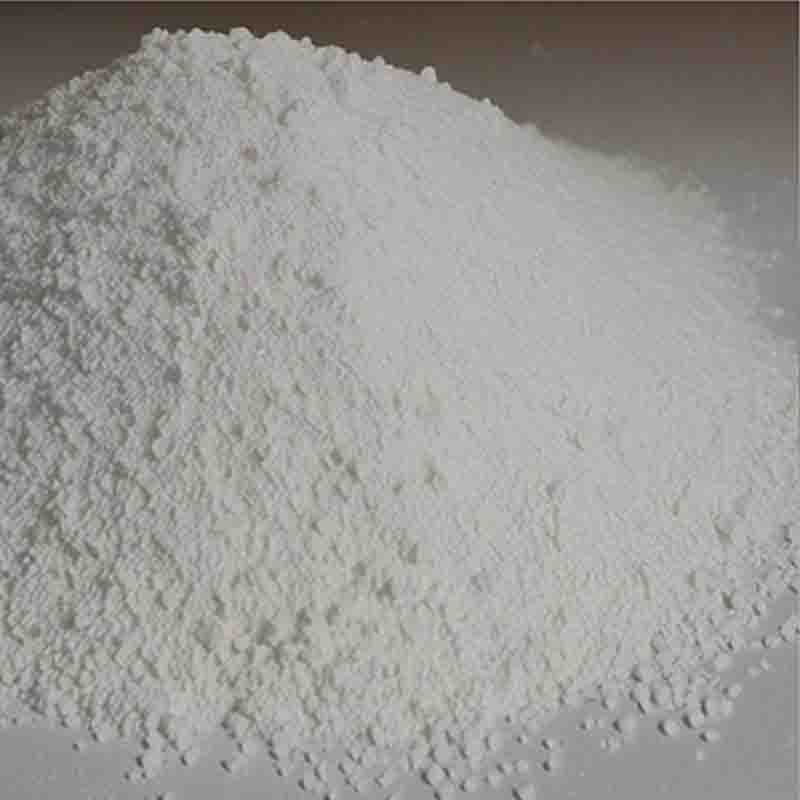Erlotinib hydrochloride CAS: 183319-69-9
| Catalog Number | XD93790 |
| Product Name | Erlotinib hydrochloride |
| CAS | 183319-69-9 |
| Molecular Formula | C22H24ClN3O4 |
| Molecular Weight | 429.9 |
| Storage Details | Ambient |
Product Specification
| Appearance | White powder |
| Assay | 99% min |
Erlotinib hydrochloride is a medication that belongs to a class of drugs known as tyrosine kinase inhibitors. It is primarily used in the treatment of certain types of cancer, particularly non-small cell lung cancer (NSCLC) and pancreatic cancer.In non-small cell lung cancer, erlotinib hydrochloride is indicated for the first-line treatment of tumors that have specific mutations in the epidermal growth factor receptor (EGFR) gene. This mutation leads to the excessive growth and division of cancer cells. Erlotinib hydrochloride works by inhibiting the activity of the EGFR tyrosine kinase, which in turn blocks the signaling pathways responsible for cancer cell growth and survival. By targeting these specific mutations, erlotinib hydrochloride helps to slow down the progression of the disease, shrink tumors, and improve overall survival rates.Similarly, erlotinib hydrochloride is also used in the treatment of advanced pancreatic cancer, in combination with another chemotherapy drug called gemcitabine. Pancreatic cancer cells often express EGFR on their surface, and erlotinib hydrochloride can block the activity of EGFR, inhibiting tumor cell growth. This combination therapy has shown improved outcomes in terms of overall survival and progression-free survival compared to using gemcitabine alone.Erlotinib hydrochloride is usually taken orally in tablet form, once a day, either with or without food. The dosage may vary depending on the specific cancer being treated, as well as the patient's overall health and response to the medication. Regular monitoring of liver and kidney function is necessary during treatment to ensure that the drug is well tolerated and to adjust the dosage if needed.While erlotinib hydrochloride can be effective in the treatment of certain cancers, it is important to note that it may also have side effects. Common side effects can include skin rash, diarrhea, fatigue, loss of appetite, and nail changes. In some cases, more severe side effects can occur such as lung problems, liver damage, and gastrointestinal perforation. Therefore, close monitoring and communication with the healthcare team are crucial during treatment with erlotinib hydrochloride.Overall, erlotinib hydrochloride is a valuable medication in the fight against certain types of cancer, particularly non-small cell lung cancer and pancreatic cancer. By targeting specific mutations and inhibiting the activity of EGFR, it helps to slow down the progression of the disease and improve patient outcomes. However, it is important to consider the potential side effects and closely follow medical advice throughout the treatment process.




